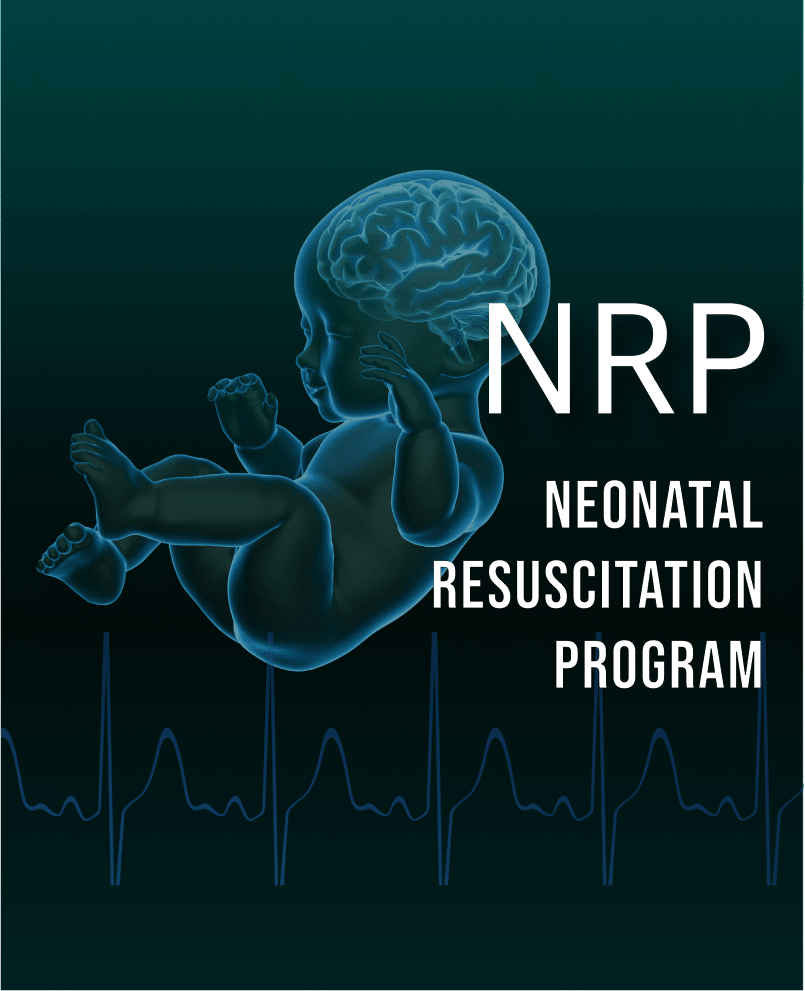Gun violence has been a persistent and devastating issue plaguing societies across the globe, with far-reaching consequences on public health and safety. The relationship between mental health and gun violence has been a subject of intense scrutiny, as researchers and policymakers strive to understand the psychological factors that contribute to such acts.
In a recent study highlighted by The New York Times, experts shed light on the intricate connections between psychology and gun violence, offering insights that could potentially inform preventive measures and support strategies. This article explores the key findings and implications of the study, aiming to foster a deeper understanding of the psychological aspects surrounding gun violence.
The study, published in the prestigious Journal of Clinical Psychology, delves into the complex relationship between mental health and gun violence. Researchers from renowned institutions collaborated on this comprehensive investigation, analyzing extensive data to unravel the psychological underpinnings of this pressing societal issue.
One of the central findings of the study is the role of untreated mental illness in increasing the risk of gun violence. The researchers discovered that individuals with untreated mental health conditions, such as depression, schizophrenia, and bipolar disorder, were more likely to be involved in incidents of gun violence. The study emphasizes the critical importance of early identification and appropriate treatment of mental health conditions as a preventative measure.
Furthermore, the researchers identified specific psychological factors that contribute to the escalation of gun violence. They found that a combination of anger, impulsivity, and a lack of healthy coping mechanisms significantly amplified the risk of firearm-related aggression. This insight underscores the need for comprehensive mental health support systems that address emotional regulation and coping strategies for individuals at risk.
In addition to individual psychological factors, the study also shed light on the impact of societal factors on gun violence. The researchers observed that individuals exposed to chronic stressors, such as poverty, unemployment, and social isolation, were more likely to resort to gun violence. Understanding the social determinants of gun violence is crucial in developing effective interventions that tackle the root causes and provide support to vulnerable communities.
The study also highlighted the importance of comprehensive gun control measures in reducing gun violence rates. The researchers found that stricter gun laws, including background checks, waiting periods, and restrictions on access to firearms, were associated with lower incidences of gun violence. These findings underscore the significance of a multi-faceted approach that combines mental health support, social interventions, and effective gun control policies to tackle the complex issue of gun violence.
Moving forward, the implications of this study urge policymakers and healthcare professionals to prioritize mental health services, early intervention programs, and social support systems. By investing in accessible and affordable mental healthcare, ensuring the availability of resources for vulnerable communities, and implementing evidence-based gun control measures, society can work towards curbing gun violence and creating safer environments for all.
In conclusion, the study underscores the critical role of mental health conditions, untreated illnesses, psychological factors, and societal determinants in contributing to gun violence. By understanding these factors, policymakers, healthcare professionals, and society at large can take proactive steps toward prevention and support, ultimately fostering a safer and healthier future for all.











